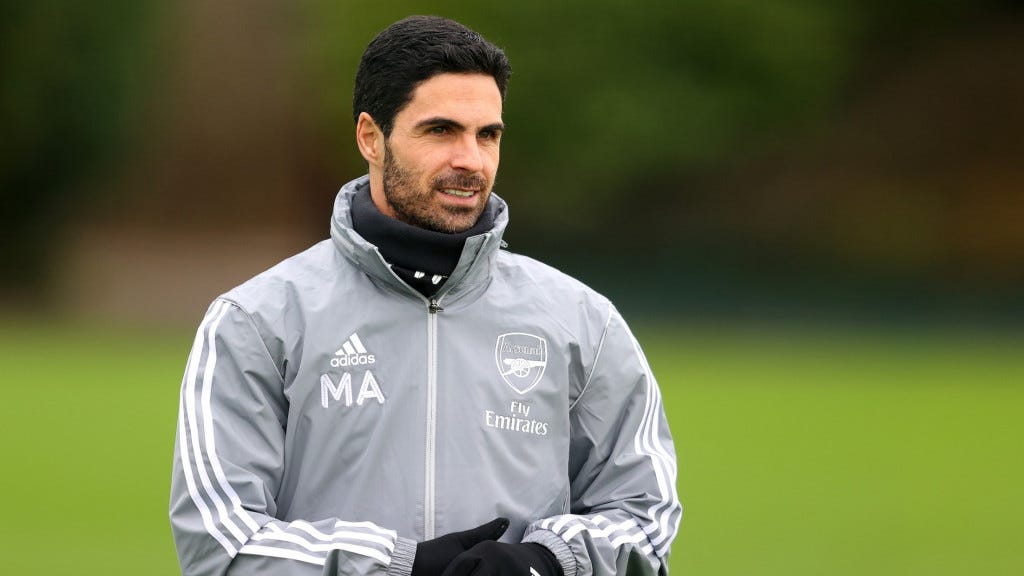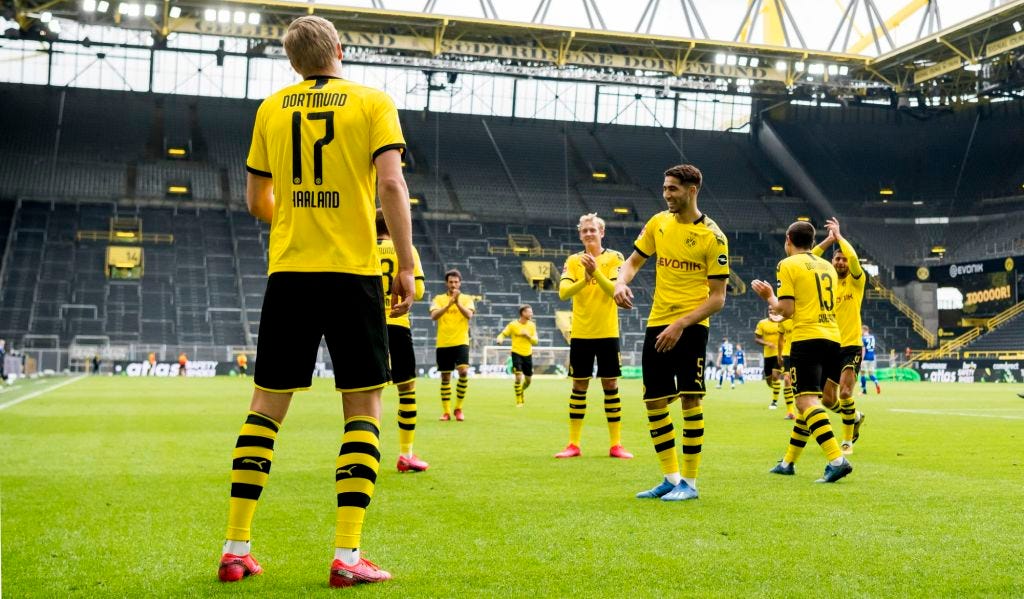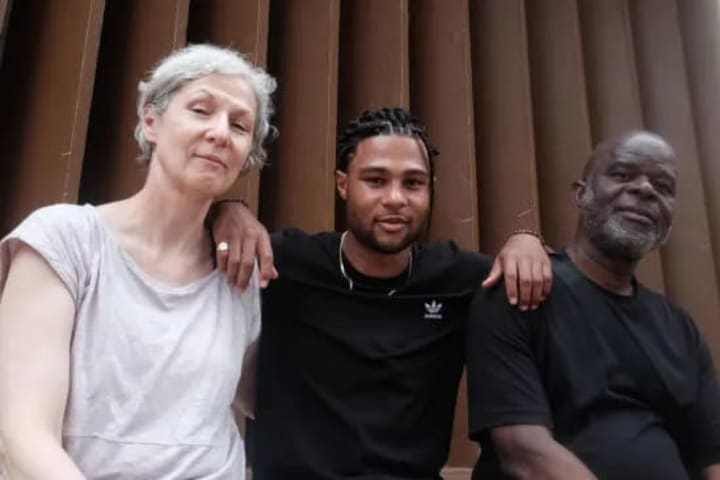Life’s Most Important Unimportant Thing
Football as an object of hope during the COVID-19 pandemic.
“It is true that football is the most important of life’s unimportant things” Arrigo Sacchi.
On the 12th of March 2020, news broke of Mikel Arteta’s diagnosis. He’d been infected with a relatively new and mysterious virus termed COVID-19 and the following day the Premier League was suspended. Social media discourse around his diagnosis was plagued with apprehension and confusion and although Arteta’s diagnosis and the league’s subsequent suspension undoubtedly saved lives, the layman could not have predicted the manner in which this then-novel virus would end up impacting the globe.
As I reflect upon these last 12 months, in a revised COVID-19 stricken world, I feel quietly exhausted. Throughout this see-sawing of government mandated lockdowns, England finds itself in its third one. One flickering beacon that separates the last few months from those of the start of the pandemic is life’s most important unimportant thing: The Beautiful Game.
Hope is an interesting and elusive thing. It is continually moving and changing, in a state of flux. It affects us socially in a multitude of contexts and the feeling is familiar, this sense of not yet but soon.
Yet in our current sociocultural climate, there is a great loss in collectively shared hope. Hope itself is distributed unequally within society as mentioned in the works of Ghassan Hage and Masahiro Yamada. In crises, certain groups of people find hope more easily given their circumstances and these themes can be seen in the 2019 film Parasite by Bong Joon-ho. In this film the same rain that brings about the flood on the poor is seen by the rich as a blessing. The unequal distribution and inequity of hope is exacerbated by social factors that include a country’s economic decline, a lack of trust in government, poor education and a loss of community. It is clear that crises, such as the current pandemic, have a significant effect on these aforementioned social factors and in turn, disproportionately affect and strip away hope from a large part of the population.
Acknowledging that society has widely lost this sense of shared hope, we see that populations instead harbour a sense of anger but a central binding object that reinvigorates a community-wide hope in people is football. There is something unique about football as a unifying force. In England, two strangers will draw upon various topics of conversation and between the weather or the immediate surroundings lies the question “did you see the game on the weekend?” During the pandemic, work and school conversations are few and far between however football continues to provide hope and relief for many. Upon the current contextual backdrop, it provides a warmth of old in a time where things are uncertain. The working man is unemployed. The grandmother can’t see her grandchild. The teacher delivers lectures from a lonely room. It is during these moments in which a common, society wide familiarity is appreciated.
When top flight European football returned after it’s international suspension in the form of a Dortmund win over Schalke, many fans, the English included, atypically tuned in to a German league game. The conversation around football’s return and the Dortmund performance was something that people, who were locked down in their homes away from friends and family, could share. After the Dortmund Schalke game, conversation about this alternative version of football attempted to make sense of the bizarre and unprecedented situation, doing so through a lens of humour. The mistakes of those in charge of the artificial crowd noise, something that works seamlessly now, were heard by all – with the first game played without any artificial sound. But this, like many of the measures within football and outside of it, were learnt from and improved upon throughout the pandemic. Haaland’s celebration in the same game was done in an awkward but endearing manner, a gentle socially distanced dance between a few players. The Dortmund Schalke game remains a perfect vignette for COVID-19 as a transformative and unusual force in everybody’s lives. In years to come, in attempting reflect on how the pandemic altered life as we knew it, Dortmund’s 4-0 win over Schalke would be an interesting but justified starting point.
The Dortmund players’ engage in a socially distanced celebration.
The works of Yuji Genda speak about hope as it relates to the idea of play. Genda celebrates the idea of play as well as ‘wasted efforts‘ that may or may not result in anything constructive. Play is necessary and this space for play, freedom and liberty is the area in which hope can thrive. When society stops the space for play, it prevents the spaces in which hope can grow. Genda’s musings around hope and play allow for football’s importance in times like these to be explained. Football may not result in ‘constructive’ solutions to the pandemic but it exists as a location for hope. Football, even as a fan, continues to exist in that zone of play, a zone that is outside many of the real world stresses people experience daily.
Serge Gnabry, the FC Bayern Munich winger, refers to football as life’s most important unimportant thing in his The Players Tribune piece too. He succinctly summarises the core sentiment by saying, “there’s so many serious things going on in the world right now and football is just a game but it’s a game that brings people together.” This experience of football is one that is not limited to the spectator in his home, sat with his family. Football’s friendly embrace extends to the experience of reading this article. It is the conversation you have with an older relative to bridge the awkward generation gap. It is the FIFA game you put on when your mum’s friend brings her son along and in Serge Gnabry’s experience, it was visiting his father’s family in Côte d’Ivoire at 13 and not being able to speak French well. For them it didn’t matter because they were having so much fun kicking the ball around.
Football is accessible. It doesn’t require formal education, a shared language, or much if any cost at all. It requires nothing more than the players and something to kick around, the ball but also the scrunched up paper we kicked as children in the hallways or the empty bottles on the playground when the ball was confiscated. It is a sport that is universal, unifying and a source of hope. It is the most important unimportant thing in the world.





